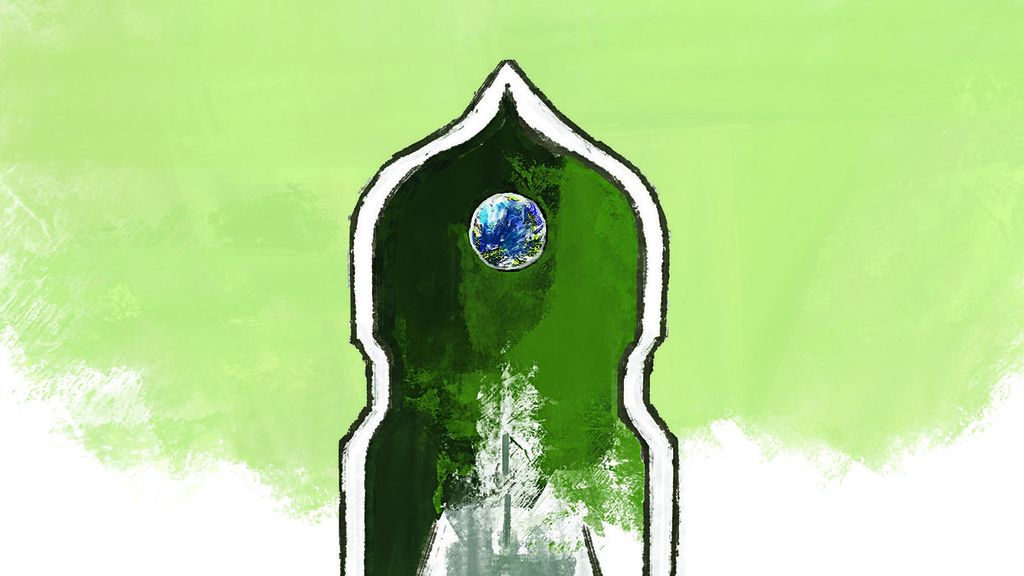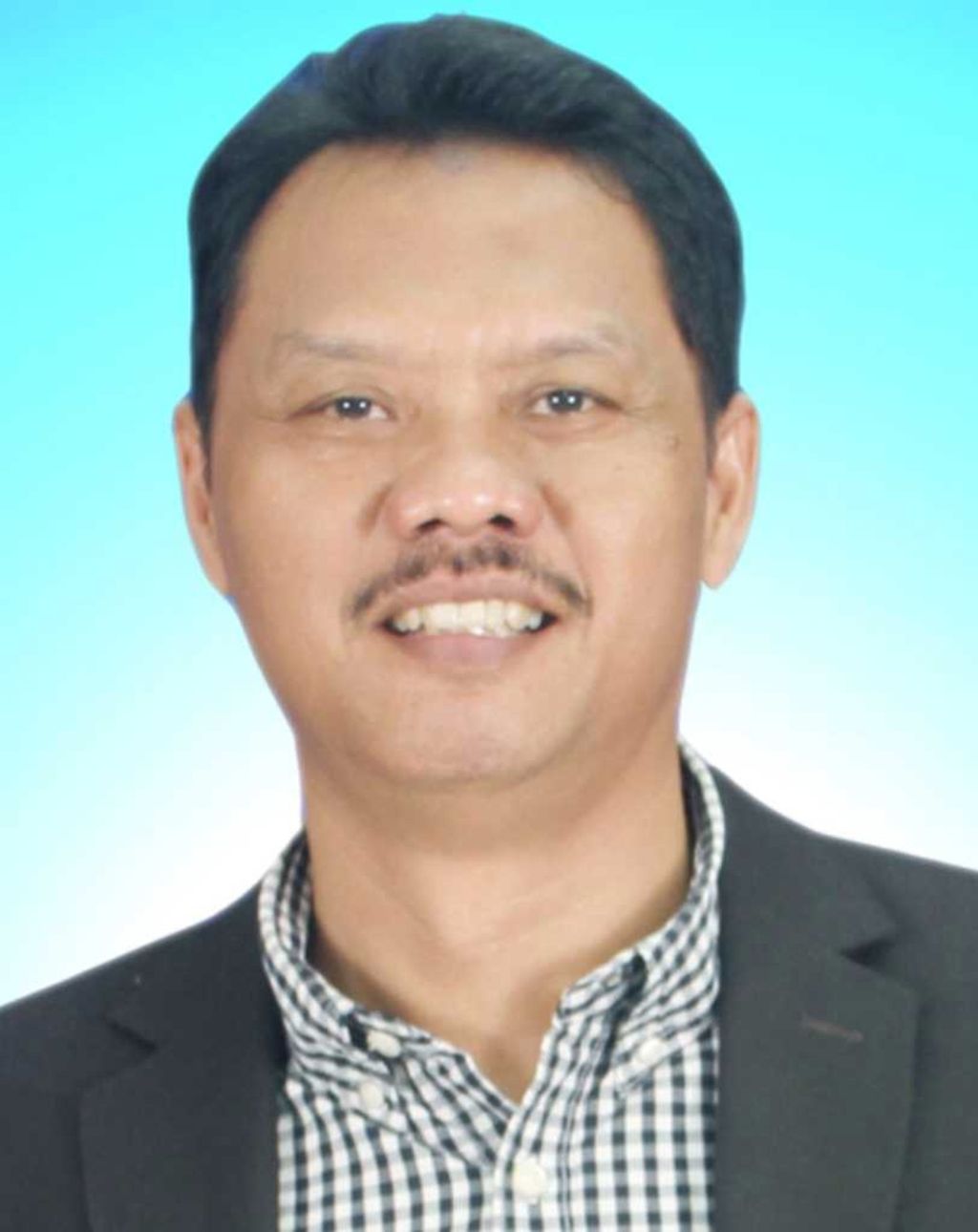Cosmopolitanism of Muhammadiyah
The milestones proposed by Haedar can also be seen through the establishment of centers of excellence, including in the field of education as shown by the presence of educational institutions in two countries.

After being able to pass the age of more than a century, Muhammadiyah slowly began to advance from what was originally a local religious movement (homegrown) to transnational or internationalization stage.
This is based on a reading of the phenomena; firstly, the existence of Muslim diaspora entities, among them at least at their state of mind reflecting Muhammadiyah, of course many of whom are formally and structurally affiliated with Muhammadiyah. Then, the establishment of an association as a special branch of Muhammadiyah and Aisyiyah abroad.
At first it was established in Cairo, Egypt but later spread to several countries as recorded in the book Internationalization of Muhammadiyah: History and Dynamics of Overseas Muhammadiyah Special Branch Leaders 2002-2022 (2022). The establishment of these special branches, according to Haedar Nasir in the introduction to this book, is one of the models developed by Muhammadiyah to pioneer milestones in the field of internationalization.
Haedar also emphasized that the mission behind the internationalization milestone is not only as a showcase for Muhammadiyah activities at the global level, but also to present alternative thoughts and practices of moderate and progressive Islam (wasathiyah) that are in harmony with modernity, but not mixed with liberalism, at the same time not old nor looking back to the past.
First, the Muhammadiyah Australia College (MAC) in Melbourne, Australia. Second, the University of Muhammadiyah Malaysia (UMAM), which opened several study programs at the master's and doctoral levels.
The milestones proposed by Haedar can also be seen through the establishment of centers of excellence, including in the field of education as shown by the presence of educational institutions in two countries. First, the Muhammadiyah Australia College (MAC) in Melbourne, Australia. Second, the University of Muhammadiyah Malaysia (UMAM), which opened several study programs at the master's and doctoral levels.
Imagination with progress
The establishment of educational institutions abroad is the second sign that Muhammadiyah has entered the phase of internationalization.
Muhammadiyah's achievements in the field of education and abroad are the embodiment of the image of the early generations of Muhammadiyah, who wanted to make Muhammadiyah an inclusive movement and be able to spread to various regions, even on a global level.
This image can be seen in the mission to promote Islam or progressive Islam which is written in official Muhammadiyah documents such as the Muqaddimah of Muhammadiyah's Articles of Association.
Also read:
> Muhammadiyah Calls for Civilized Elections
> Muhammadiyah Affirms Role to Contribute to Nation
The document that was formulated in the initial phase of Muhammadiyah's growth and development continues to be enriched, including at this 48th congress, where Muhammadiyah will launch an official document with the title "Progress of Islamic Treatise." For Muhammadiyah, progressive Islam is an Islamic construction that is responsive, contextual and actual with the spirit of the times or "following the flow of the times" if it uses the expression in the eyes of the Muqaddimah of the Articles of Association of Muhammadiyah, but still stands firmly on the authentic sources of Islam, namely the Qur'an and the Sunnah of the Prophet.
Such construction of Muhammadiyah is usually carried out by reconstructionists who are different from restorationists and pragmatists.

Restorationists, according to Pervez Hoodbhoy in Islam and Science: Religions, Orthodoxy and the Battle for Rationality (1992) and Mustafa Akyol in Reopening Muslim Minds (2021) tend to overreact, oppose and reject against modern ideas because they are considered secular and decadent.
In order to avoid such conditions, Muslims must return to their past lives and strictly hold to the holy book with a scriptural understanding. This kind of response is responsible for the emergence of extreme religious movements that are familiar with the use of violent means, both verbal and physical.
This group views Islam as a religion that has no direct connection with various aspects of social life.
At the other end is the response from pragmatists. According to Hoodbhoy, pragmatists tend to ignore religious arguments in finding solutions to political, economic, scientific and other public problems. This group views Islam as a religion that has no direct connection with various aspects of social life.
Cosmopolitanism
In contrast to the two responses above, Muhammadiyah chose a reconstructionist response. Muhammadiyah views Islam as a religion that has a universal and cosmopolitan character. It is said to be universal because the teachings of Islam cover various aspects, ranging from aqidah (faith) and worship muamalah (human relations) to morals. With this breadth Islam can actually be used as a basis and reference in managing various aspects of life.
Muhammadiyah's view of Islamic universalism can be seen clearly in official Muhammadiyah documents which contain the ideological framework of Muhammadiyah. Among other things: Muqaddimah of Muhammadiyah's Articles of Association; Problem of Five; Personality of Muhammadiyah; Matters of Faith and Life Aspirations of Muhammadiyah and Guidelines for Islamic Life of Muhammadiyah Citizens.

The document shows how Islam was constructed by Muhammadiyah, instead of merely being a religion in a narrow sense, which only regulates the procedures for worship in a narrow scope (mahdhah worship), but Islam as a public religion — if you borrow the concept of Jose Casanova — or “Islam hadhari” as Haedar Nasir often puts it, which is also related to the regulation of social and worldly life.
Despite this view, Muhammadiyah from the beginning of its establishment never carried any themes that lead to Islamic formalism, but rather an effort to realize public civility which is a reflection of what Muhammadiyah calls a "true Islamic society."
By emphasizing more on the substantive, when dealing with political issues, for example, what is taken into account is not its formal form, but how universal values in Islam are taken into consideration in making policies and resolving public issues.
This is what is called a government that is in line with the universal values of Islam, even though it is not formally called an Islamic state.
One of the universal values, for example, is human equality. That humans, despite having biological and physical differences, such as gender, have the same access for example to education to the highest level. The state must ensure the achievement of such access. This is what is called a government that is in line with the universal values of Islam, even though it is not formally called an Islamic state.
‘Role models’
In this perspective, Muhammadiyah is able to develop into one of the exemplars and role models of cosmopolitan Islam, namely Islam that shows a normative tendency and pays attention to religious aspects that require vertical submission in the form of consistent worship.
Meanwhile, it is able to promote freedom of thought and being open to outside elements, so that Islam appears with a friendly face in the face of all forms of diversity.

Muhammadiyah has been honed through history with various events that threaten as well as serve as opportunities for Muhammadiyah. In its long history, Muhammadiyah has been tested as a part of moderate, inclusive and cosmopolitan Indonesian Islam.
With this long experience it is not an exaggeration if Muhammadiyah wants to expand the area of the embodiment of Islam with such characteristics by pioneering internationalization so that Muhammadiyah becomes part of the citizens of the world.
As emphasized by Muhammadiyah intellectuals in Advanced Islamic Cosmopolitanism (2016), "Muhammadiyah people do live and develop in Indonesia, but in terms of civilization, Muhammadiyah does not close itself off from world influences. Muhammadiyah chooses to dialogue, thinking outside the scope of Indonesia to promote Indonesian Islam to the outside world." Hopefully so!

Syamsul Arifin
Syamsul Arifin, Professor and Deputy Rector I, Muhammadiyah University of Malang
(This article was translated by Kurniawan Siswo).